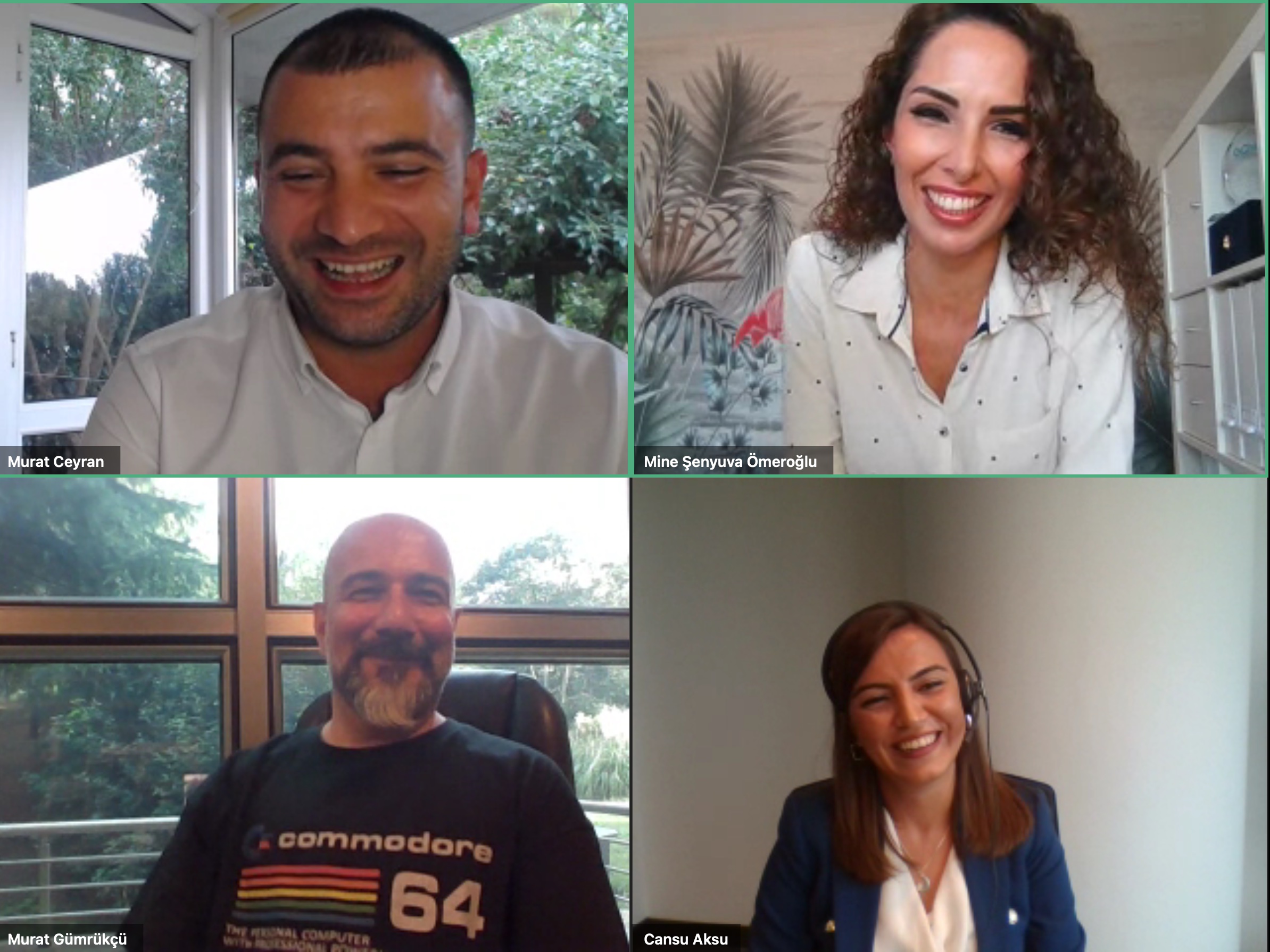Increasing stress, anxiety and anxiety in the society along with the pandemic brings along sleep problems. Expert Clinical Psychologist Fundem Ece Erdem, one of the experts of Yataş Sleep Board, who says that sleep problems experienced during the pandemic process have reached 50% from 25%, also reminds that there is a new health problem such as coronasomnia, which is a new health problem that arises as a result of the combination of insomnia and Covid-19.
Sleep is a very important activity that determines our quality of life, enables us to renew our mental and physical health, and covers one third of our lives. Expert Clinical Psychologist Fundem Ece Erdem, one of the specialists of Yataş Sleep Board, reminds that insomnia or low sleep quality bring along many health problems such as anxiety disorder, depression, heart and circulatory diseases, obesity. Stating that our immunity, which we need to keep strong against the covid epidemic, is gradually decreasing with the sleep problems experienced at night, Psychologist Fundem Ece Erdem said, “Many experts define sleeping less than seven hours a day as insufficient and this can negatively affect our daily performance. Insufficient sleep increases the probability of making mistakes and reaction time, decreases concentration and motivation.”
Coronasomnia emerged with the pandemic
Underlining that according to the researches, sleep problems experienced during the pandemic process have reached from 25% to 50%, Psychologist Fundem Ece Erdem shares the reason for this increase as follows, “One of the first causes of sleep problems is the radical change in our daily routines and environments. This makes it difficult to maintain our body clock. Moving work and school environments from official places such as offices and schools to the home environment causes people to stay awake until late. Insomnia, which occurs as a result of difficulty falling asleep or the indefinite interruption of sleep, shows itself much more during the pandemic period. In fact, experts coined the term “coronasomnia”, a new condition due to this increase, that is, the discomfort that occurs as a result of the combination of insomnia and Covid-19. At this point, we can re-examine the causes of coronasomnia in the context of Covid-19. Since people were constantly alert and concentrated in their normal work environment before the pandemic, they could focus on their work for a longer period of time. However, it was observed that they were in a constant state of sleep due to the comfort of being at home most of the time after the pandemic.”
We can’t get rid of stress when we are alone
With the pandemic, many of us may experience an increase in stress levels due to reasons such as being sick, losing loved ones, and disrupting their routines. This stress causes our adrenaline level to increase and we may have trouble falling asleep during the night. In addition, the decrease in our social activities with Covid-19, the end of our meetings with our friend groups, our loneliness means that our stress-relieving environments have decreased. Underlining that not performing these stress-reducing activities causes sleep problems, Yataş Sleep Board experts, Psychologist Fundem Ece Erdem said that the general state of uncertainty, the increase in dismissal rates, and the anxiety of the future and loss of control also trigger the stress factor to a great extent, leading to insomnia.
Get out of bed if you can’t sleep
“The irregular increase of our thoughts and their useless unity have the potential to cause sleep problems,” Psychologist Fundem Ece Erdem points out that a mind that is forced not to think about anything can also be the enemy of sleep. Erdem offers the following suggestions for coping with sleep problems, “First of all, if you can’t sleep, you can get out of bed and get away from the area where you sleep. You can calm your mind by writing down the things that make you think constantly, listening to music or doing breathing exercises. After various efforts that do not disturb you as you think, on the contrary, relax and encourage sleep, you can admit to your mind that your body needs sleep. You can go back to bed when environmental factors are made suitable for sleep and when you get away from anxiety, unhealthy thinking, fear, overexcitement and relax.”



